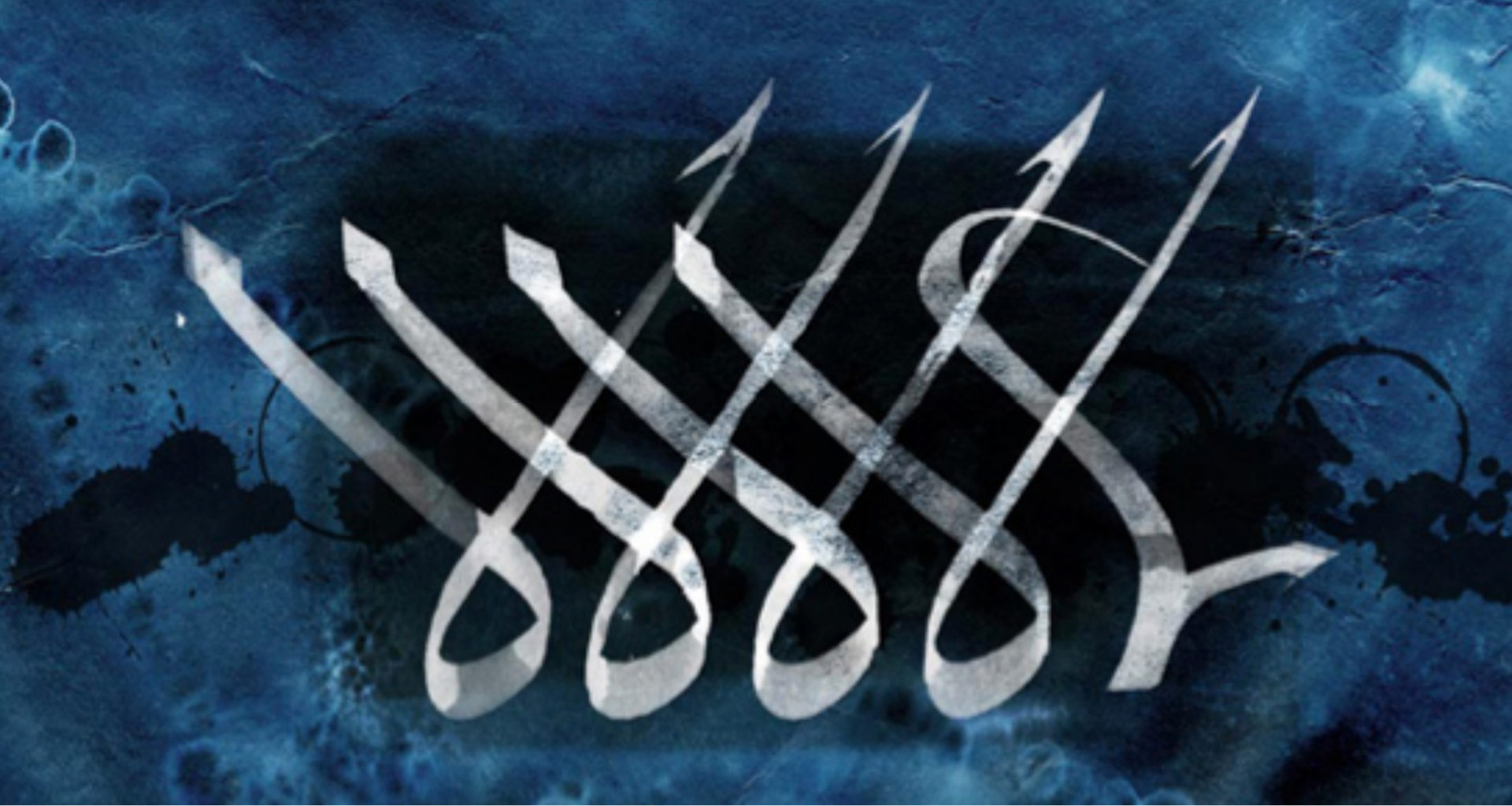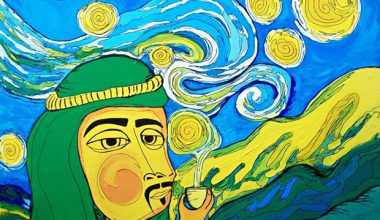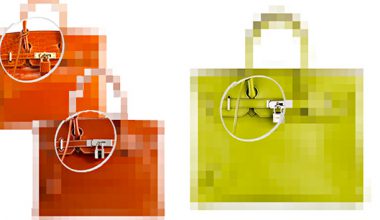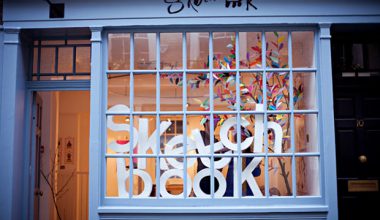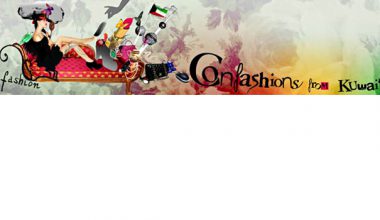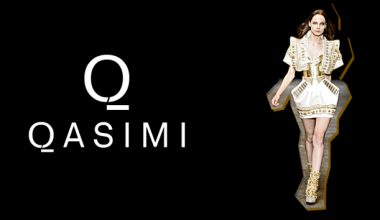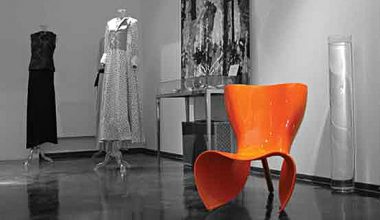The Khaleejesque team continually ponders with the barrage of research, commercial trends, and click bait articles that have called ‘time of death’ on our respective field of publishing. With our collected knowledge, network, and experience in what is seemingly a “dying field,” we set to formulate our own research more focused on the MENA publishing scene on a global scale—namely, niche and independent publishing platforms, whether print or online, founded and staffed by young Arabs and Muslims from around the world.
As a platform that strives to amplify the voices of creatives and activists alike, we are dedicated to sharing our findings on a burgeoning field amongst creatives of the MENA region and beyond. As traditional publishing houses increasingly diminish, these independent platforms are paving the way for a new movement—heralding a cultural paradigm shift towards an egalitarian voice in publishing far from the constraints of traditional print and online media.
As a result, we’ve published a MENA Indie Zines and Platforms feature which can be accessed here.
In addition we’ve reached out to individual Zines who have shared with us their intricate workings and their missions and visions for their platform.
On behalf of Sukoon Magazine, Rewa Zeinati (Founder) has answered below.
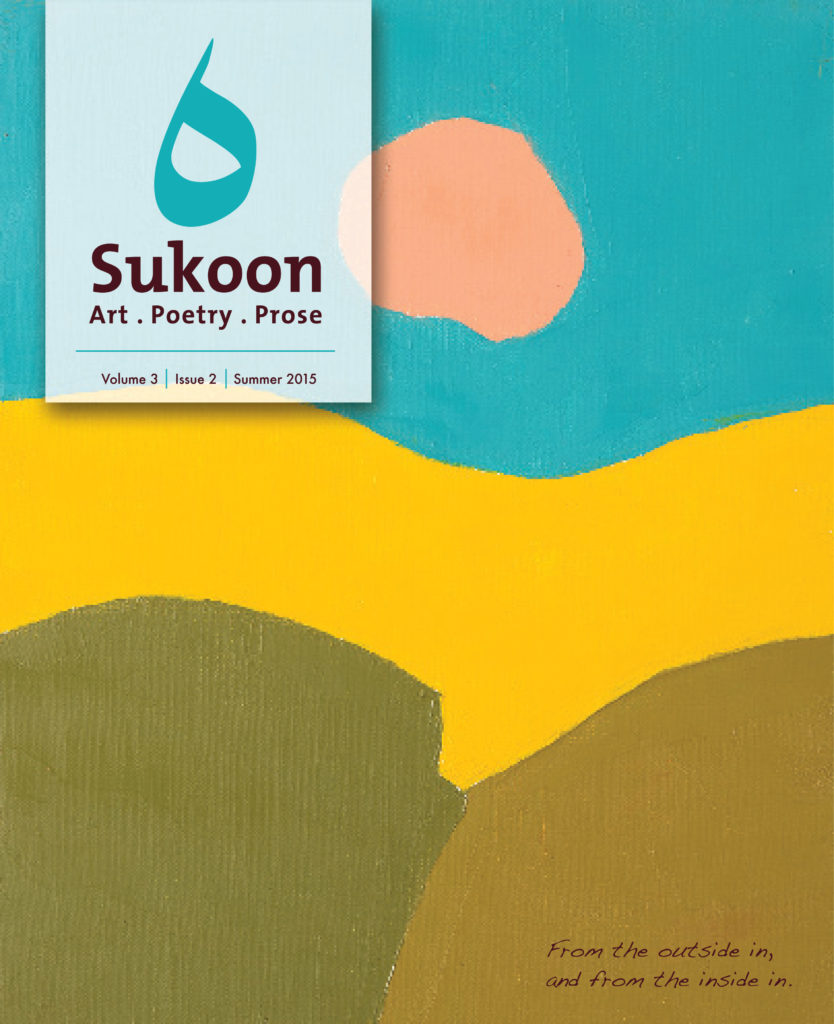
- About the Platform:
Sukoon is an independent online literary magazine that publishes Arab-themed literature and art in English. It’s important to share and document the stories and art of the Arab-speaking world alongside the stories and narratives of the people who live in this part of the world, whether or not they identify as Arab or are of Arab descent. It’s important to showcase the multiple narratives, perspectives, and experiences that have always existed, and continue to exist in the Arab-speaking region; to highlight the struggles and the victories, the history and the politics. For the longest time the stories that come out of this part of the world have either been marginalized in the post-colonial Anglophone literary landscape, or expressed through the convenient lens of stereotypes and cliches. It’s important to talk to each other, find each other, support each other, and to build more platforms and open more channels that give voice to our stories through our own unique perspectives.
So far Sukoon has been received well, and has been supported tremendously by established and emerging artists and writers. It couldn’t have existed without that kind of trust and collaboration. The struggle Sukoon faces rests only with its lack of funding. Human talent is readily available and plenty to maintain a sustainable presence.
- Content: what is your publication concerned with and what kind of content does it feature?
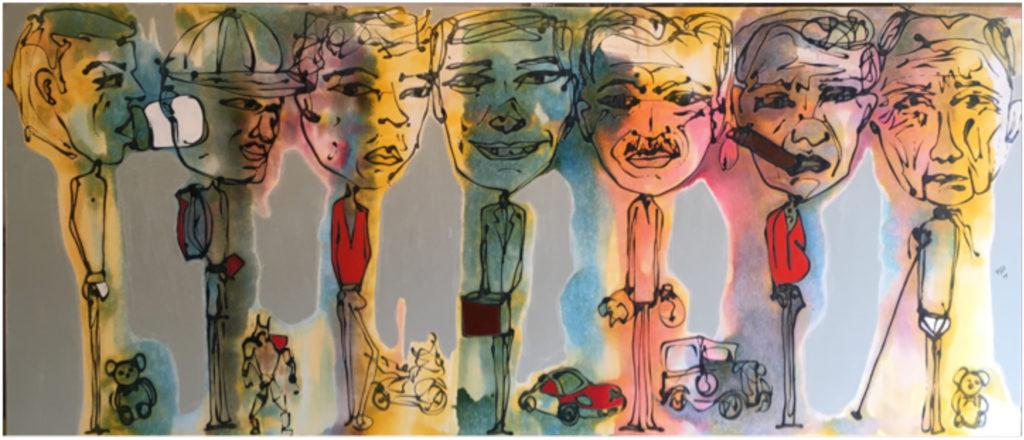
Sukoon is published twice a year and has published a number of established voices in the writing and art scene while always on the lookout for new and emerging writers, poets, and artists. Contributors need not be of Arab descent, but in such cases the content must be Arab-related. The idea is to showcase the richness and the diversity of what is known as the “Arab-speaking world” through words, imagery, and thoughts to fill a gap in the anglophone literary landscape. We have also recently added a Sukoon bil 3arabi edition, which publishes original work in Arabic (i.e. not a direct translation of the English language edition).
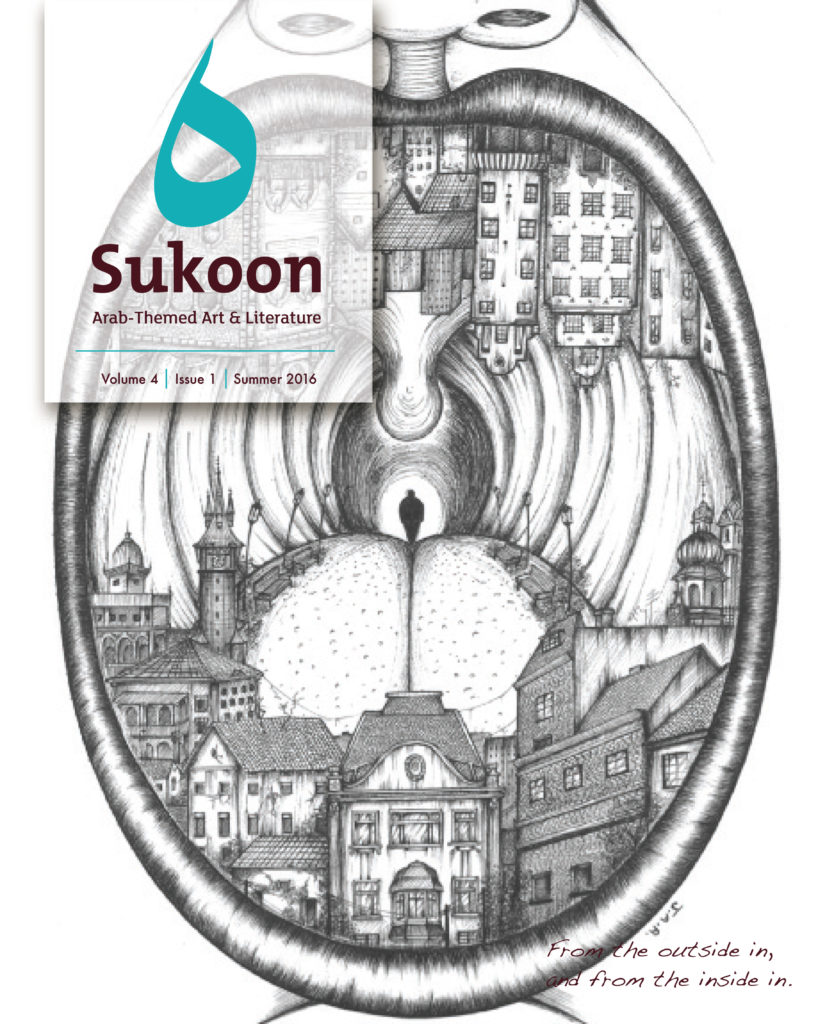
- The team behind the platform:
Sukoon started as a team of one, myself, but grew into a team of eight and is welcoming more and more onboard. As I mentioned, this is completely volunteer-based on our behalf and it fills me with so much hope that writers and artists across the globe are putting their time and efforts into Sukoon. Sukoon owes its continued existence to such powerful contributions and ceaseless support.
Writers, poets, and artists from across the world submit their previously unpublished work for consideration. The book review editors and interviewer suggest books they’d like to cover, and poets and/or writers whom they’d like to interview and we take it from there. The work that is accepted is captured together along with the relevant artwork and is designed as an online publication by Sukoon’s volunteer designer. In terms of the artwork that is found in Sukoon, sometimes artists submit their artwork, photographs, illustrations, calligraphy etc, and sometimes I solicit artists that I find relevant to the magazine.
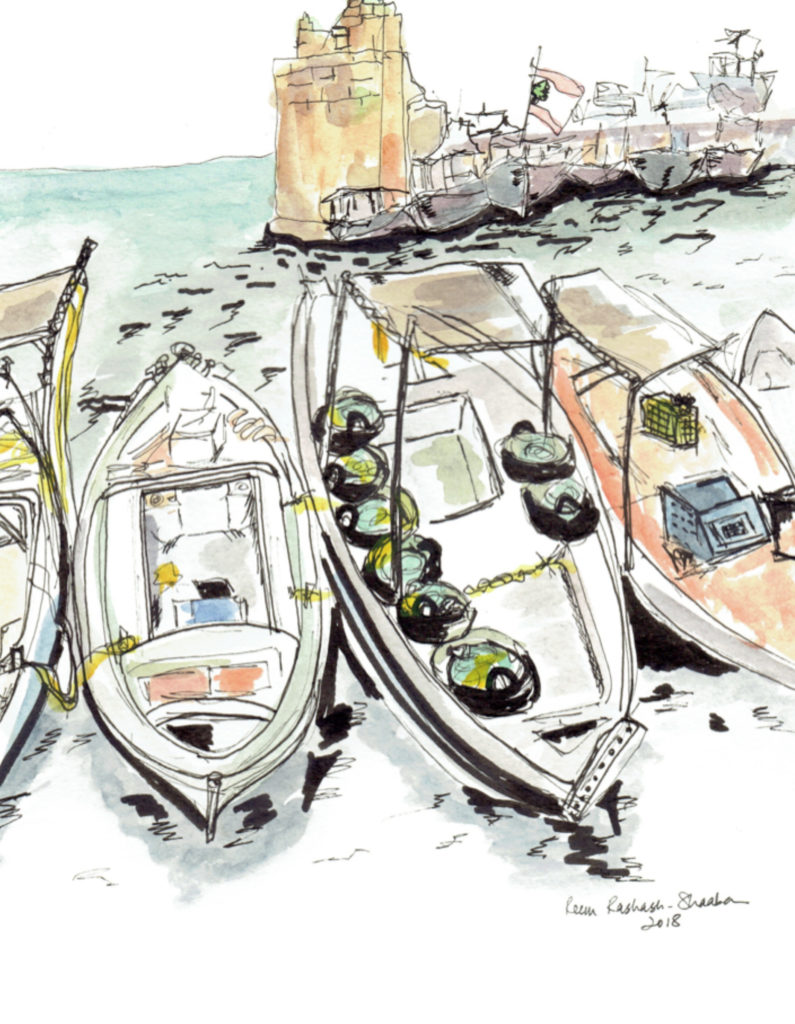
- Work Space:
We all live in various countries and cities; I’m based out of Detroit at the moment, and the team of editors and interviewers are scattered across the US and Middle East (Lebanon and UAE).
sukoonmag.com
twitter.com/sukoonmag
facebook.com/sukoonmag
Header image: 'No' by MajidAlyousef.
Images courtesy of Sukoon Magazine.

